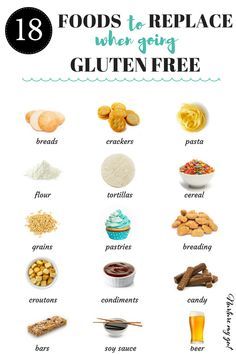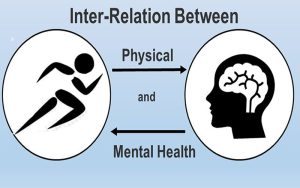
Gluten is a type of protein found in wheat, barley, and rye. It gives bread and other baked goods their elasticity and chewy texture. However, for some individuals, consuming gluten can trigger an immune response that damages the small intestine. This condition, known as celiac disease, affects approximately 1% of the population. In addition to celiac disease, there are other reasons why people may choose to follow a gluten-free diet. In this article, we will explore who should follow a gluten-free diet and why.
1. Celiac Disease
Celiac disease is an autoimmune disorder characterized by an intolerance to gluten. When individuals with celiac disease consume gluten, their immune system mistakenly attacks the lining of the small intestine, leading to inflammation and damage. This can result in a variety of symptoms such as abdominal pain, bloating, diarrhea, fatigue, and unexplained weight loss.
For individuals diagnosed with celiac disease, following a strict gluten-free diet is the only treatment option. Cutting out gluten from the diet allows the small intestine to heal, alleviating symptoms and preventing further damage. It is important to note that even small amounts of gluten can be harmful to those with celiac disease, so careful attention to ingredient labels and cross-contamination is necessary.
2. Non-Celiac Gluten Sensitivity
Non-celiac gluten sensitivity, also known as gluten sensitivity or non-celiac wheat sensitivity, is a condition in which individuals experience symptoms similar to those with celiac disease, but without the same immune response or small intestine damage. The exact cause of non-celiac gluten sensitivity is still unknown, but it is estimated to affect around 6-10% of the population.
Common symptoms of non-celiac gluten sensitivity include abdominal pain, bloating, diarrhea, constipation, headaches, and fatigue. While the symptoms can be distressing, they are not life-threatening like in celiac disease. The recommended course of action for individuals with non-celiac gluten sensitivity is to follow a gluten-free diet to manage their symptoms.
3. Wheat Allergy
Unlike celiac disease and non-celiac gluten sensitivity, a wheat allergy is an immune response to the proteins found specifically in wheat. Individuals with a wheat allergy may experience symptoms such as hives, itching, swelling, difficulty breathing, nausea, and even anaphylaxis. In severe cases, a wheat allergy can be life-threatening.
To avoid triggering an allergic reaction, those with a wheat allergy must eliminate wheat and any products containing wheat from their diet. This includes not only avoiding bread and pasta but also being cautious about hidden sources of wheat in processed foods, such as sauces and soups.
4. Other Medical Conditions
In addition to the aforementioned conditions, some individuals with certain medical conditions may benefit from following a gluten-free diet. For instance, people with irritable bowel syndrome (IBS) or inflammatory bowel disease (IBD) often find that avoiding gluten can help reduce their digestive symptoms.
Furthermore, some individuals with autism spectrum disorder (ASD) or attention deficit hyperactivity disorder (ADHD) may opt for a gluten-free diet based on anecdotal evidence and personal preferences. However, scientific research exploring the effectiveness of gluten-free diets for these conditions has yielded mixed results, and it is important to consult with a healthcare professional before making any dietary changes.
Conclusion
While a gluten-free diet is crucial for individuals with celiac disease and those with a wheat allergy, it may also be beneficial for those with non-celiac gluten sensitivity or certain other medical conditions. However, for individuals without a medical need, following a gluten-free diet is unnecessary and can even be nutritionally imbalanced if essential nutrients are not properly substituted. If you suspect you may need to follow a gluten-free diet, it is important to consult with a healthcare professional to determine the best course of action.

